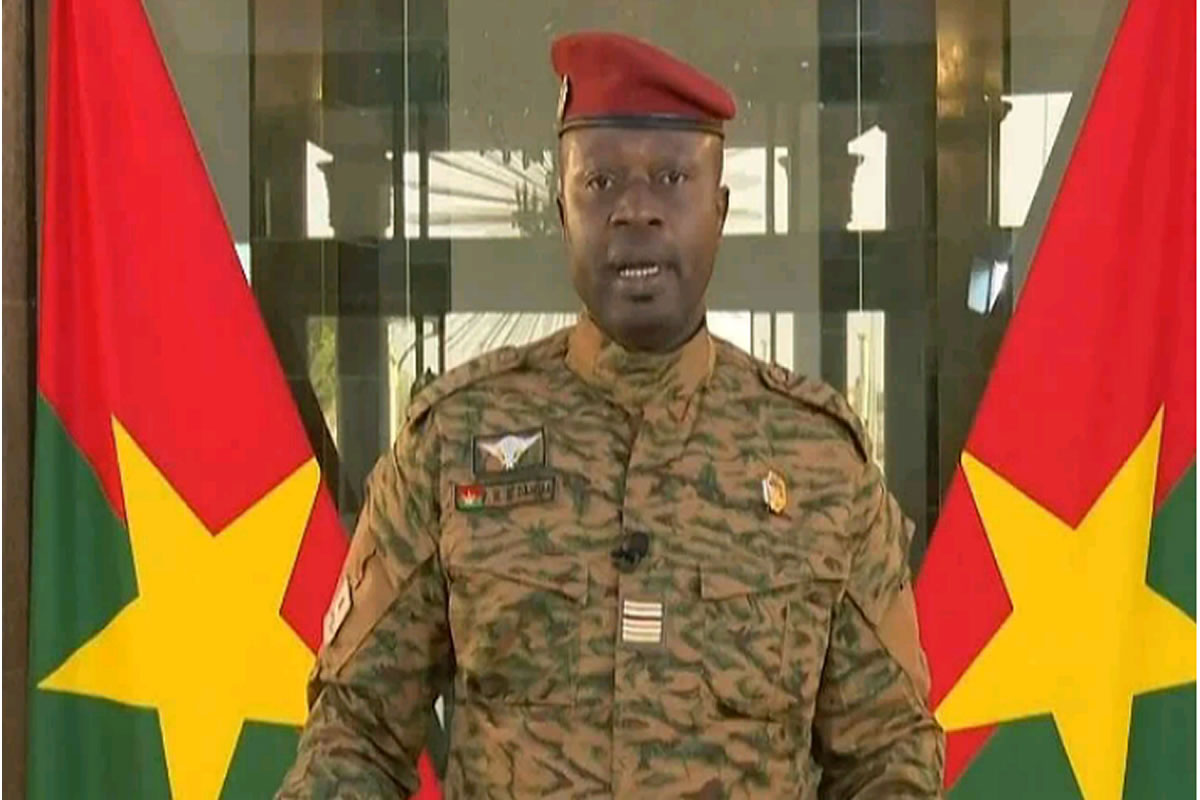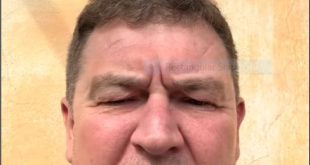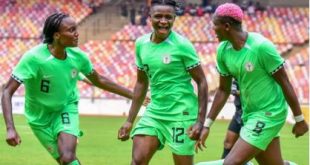Swearing-in ceremony takes place some three weeks after military coup that overthrew Roch Marc Christian Kabore. Lieutenant-Colonel Paul-Henri Sandaogo Damiba has been inaugurated as Burkina Faso’s president, just over three weeks after he led a coup that overthrew democratically elected Roch Marc Christian Kabore.
In a televised ceremony on Wednesday, Damiba took an oath before the country’s top constitutional body to “preserve, respect, uphold and defend the constitution”, the nation’s laws and a “fundamental act” of key decisions approved by the military.
Damiba was dressed in camouflage uniform and a red beret, and wore a sash in the colours of Burkina Faso’s national flag. The ceremony in a small room at the offices of the Constitutional Council in the capital, Ouagadougou, was not attended by any foreign representatives.
Kabore was elected in 2015 following a popular revolt that forced out longtime ruler Blaise Compaore. He was re-elected in 2020, but the following year faced a wave of anger over the mounting toll from an increasingly bloody conflict that has spilled over from neighbouring Mali.
The fighting has killed thousands of people and forced millions from their homes across West Africa’s portion of the Sahel region in the face of attacks by armed groups affiliated with ISIL (ISIS) and al-Qaeda. This year, nearly 15 million people in Burkina Faso, Mali and Niger will need humanitarian assistance, four million more than in 2021, according to the United Nations.
On January 24, Damiba, 41, led disgruntled officers to force out Kabore amid public anger over his handling of the worsening security situation. Last week, the Constitutional Council formally determined that Damiba was president, head of state and supreme commander of the armed forces.
The move confirmed an announcement by the military on January 31 that Damiba would be appointed to those roles for a transitional period, and be assisted by two vice presidents. The military suspended the constitution immediately on taking power, but later reversed this in the face of pressure from neighbours in West Africa demanding a return to civilian rule.
The military authorities have promised to re-establish “constitutional order” within a “reasonable time” but the issue of a date for elections remains unsettled. Earlier this month, Damiba created a 15-person technical committee charged with proposing a timeline for a transitional government that will lead the country to elections. The committee is expected to announce its proposal on how the country should return to democracy in a few weeks.
While the military government has so far received widespread support from people across Burkina Faso, the international community has condemned the coup. Burkina Faso has been suspended from the West African regional body known as ECOWAS as well as the African Union, which stopped short of imposing sanctions. Both those organizations are calling for a fast transition to constitutional rule and for Kabore to be released. The former president is still under house arrest in Ouagadougou.
Burkina Faso is one of the world’s poorest countries and one of the most volatile in Africa. The landlocked Sahel state has experienced repeated coups since gaining independence from France in 1960, and is battling a brutal armed operation. More than 2,000 people have died, according to an AFP tally, while the country’s emergencies agency says more than 1.5 million people have fled their homes.
 Gistfox Your News Window To The World.
Gistfox Your News Window To The World.





